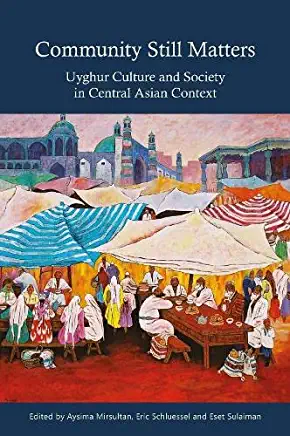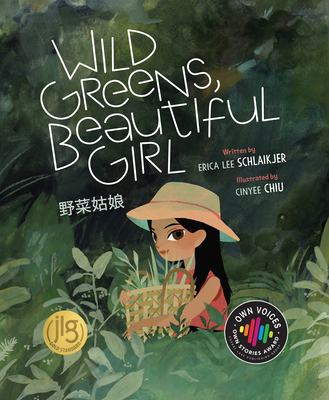
Cali, Joseph
product information
description
aditions, Shinto is far less known and understood in the West. Although there are a number of books that explain the religion and its philosophy, this work is the first in English to focus on sites where Shinto has been practiced since the dawn of Japanese history. In an extensive introductory section, authors Joseph Cali and John Dougill delve into the fascinating aspects of Shinto, clarifying its relationship with Buddhism as well as its customs, symbolism, and pilgrimage routes. This is followed by a fully illustrated guide to 57 major Shinto shrines throughout Japan, many of which have been designated World Heritage Sites or National Treasures. In each comprehensive entry, the authors highlight important spiritual and physical features of the individual shrines (architecture, design, and art), associated festivals, and enshrined gods. They note the prayers offered and, for travelers, the best times to visit. With over 125 color photographs and 50 detailed illustrations of archetypical Shinto objects and shrines, this volume will enthrall not only those interested in religion but also armchair travelers and visitors to Japan alike. Whether you are planning to visit the actual sites or take a virtual journey, this guide is the perfect companion. Visit Joseph Cali's Shinto Shrines of Japan: The Blog Guide: http: //shintoshrinesofjapanblogguide.blogspot.jp/. Visit John Dougill's Green Shinto, "dedicated to the promotion of an open, international and environmental Shinto" http: //www.greenshinto.com/wp/.
member goods
No member items were found under this heading.
Return Policy
All sales are final
Shipping
No special shipping considerations available.
Shipping fees determined at checkout.







